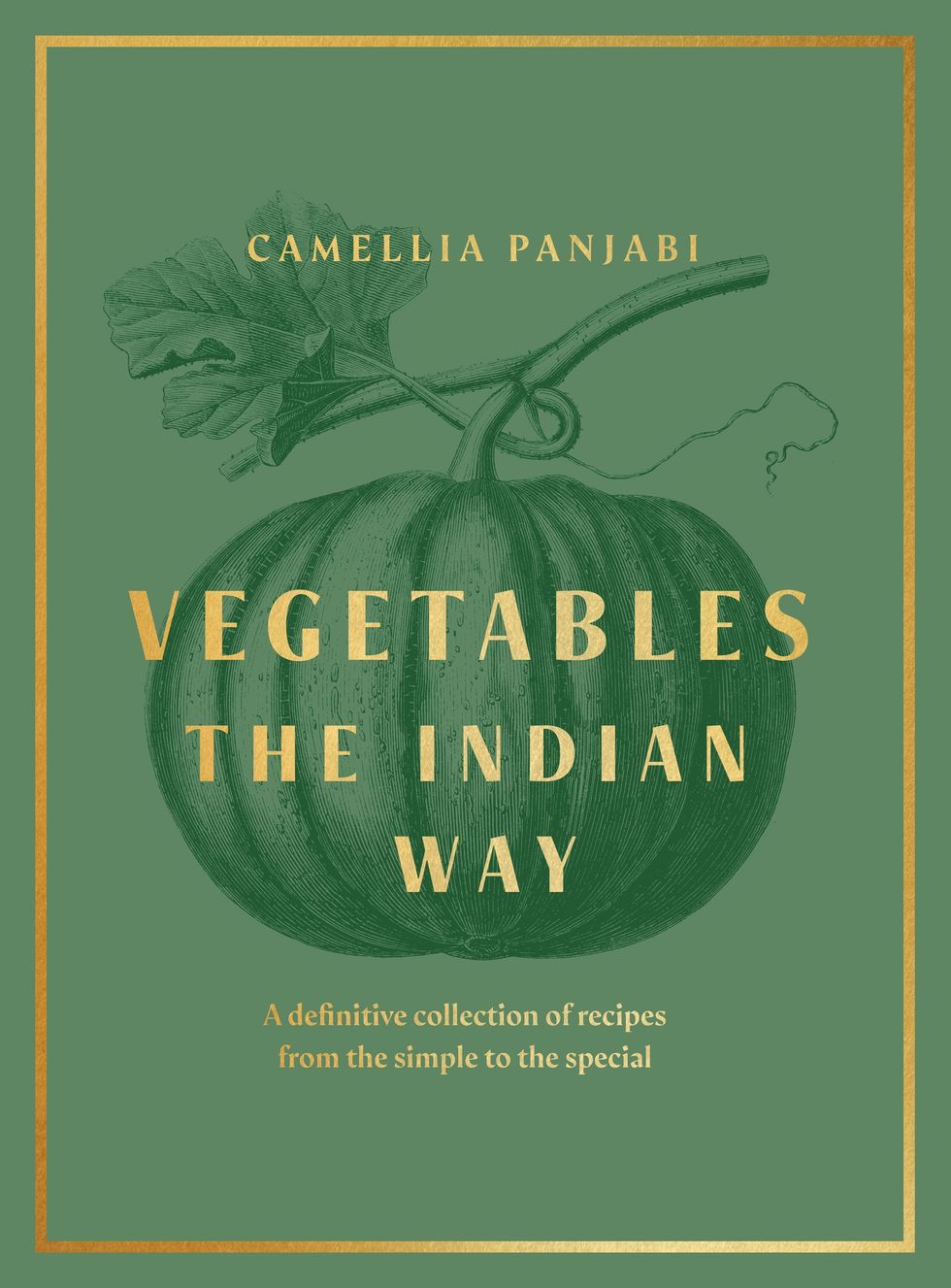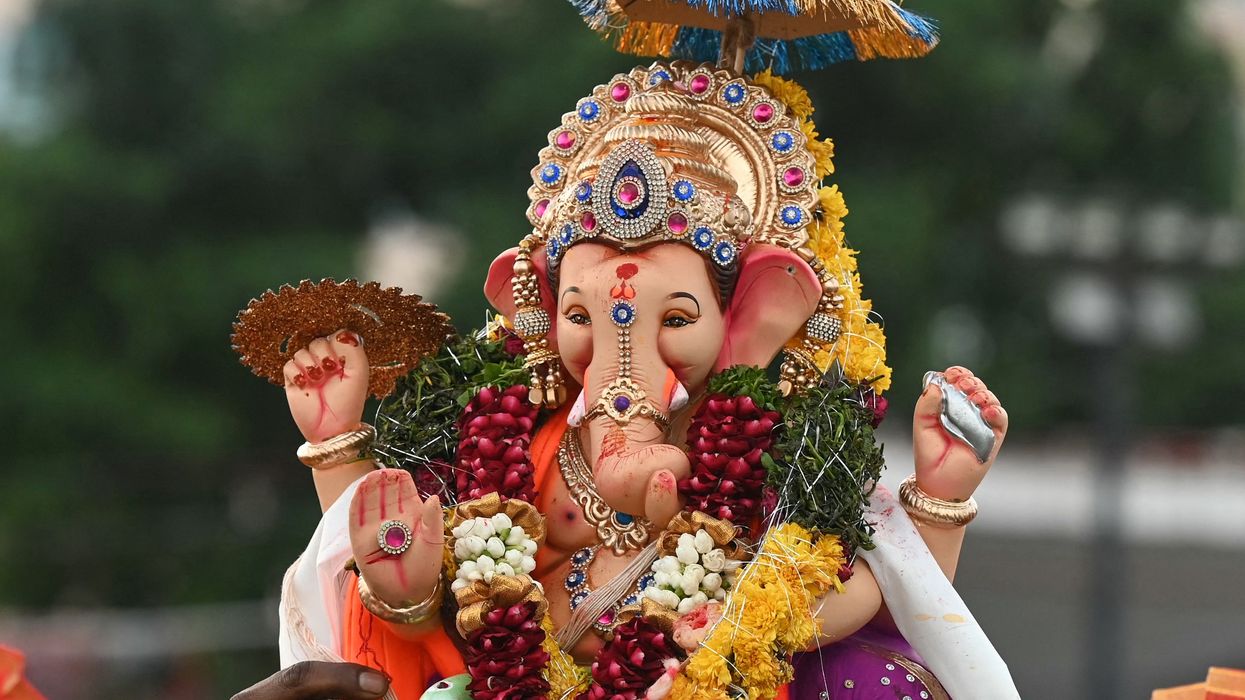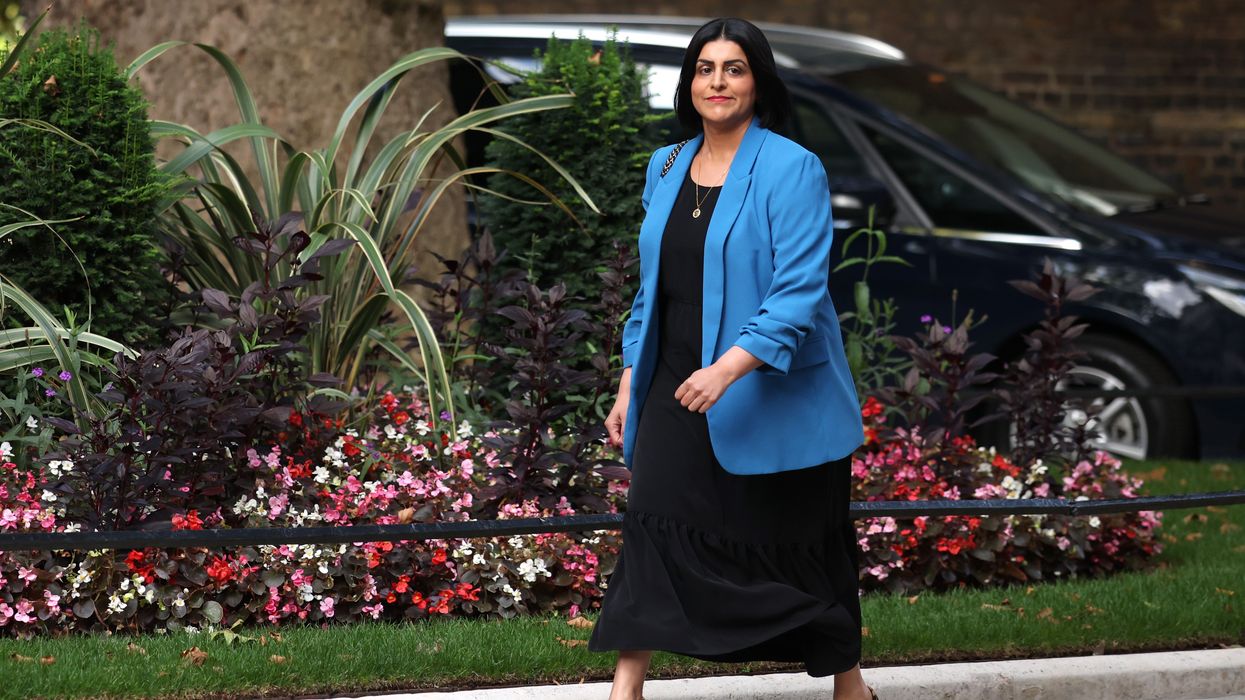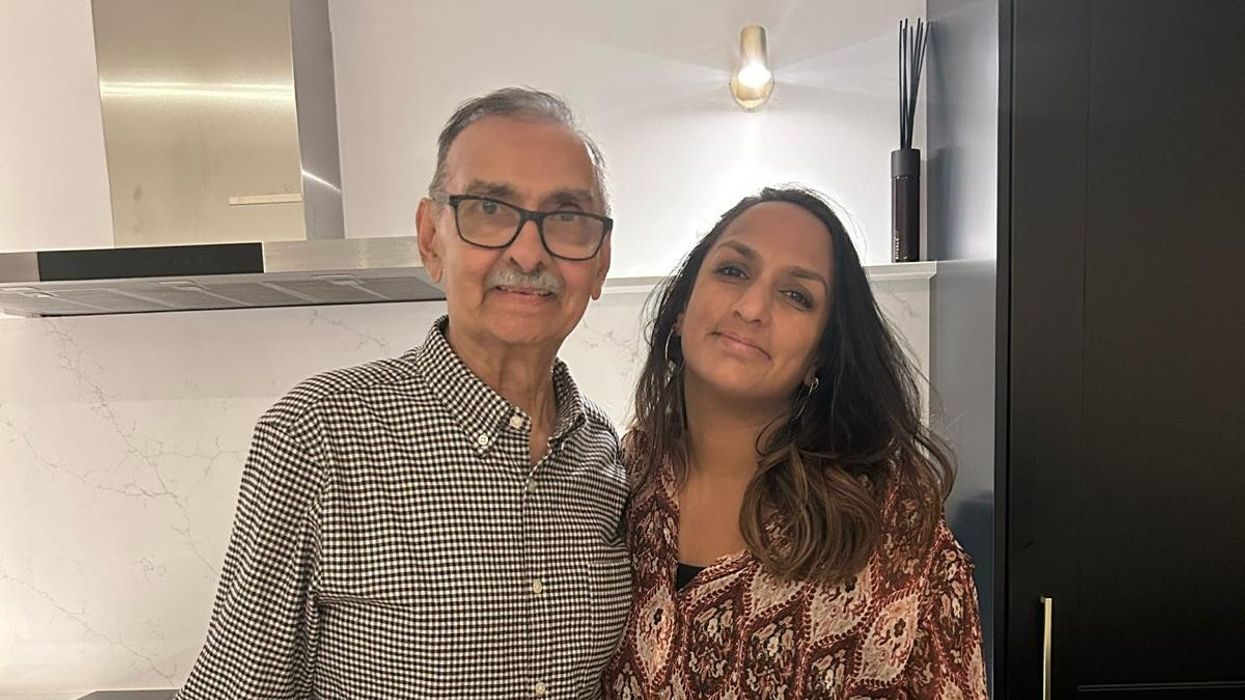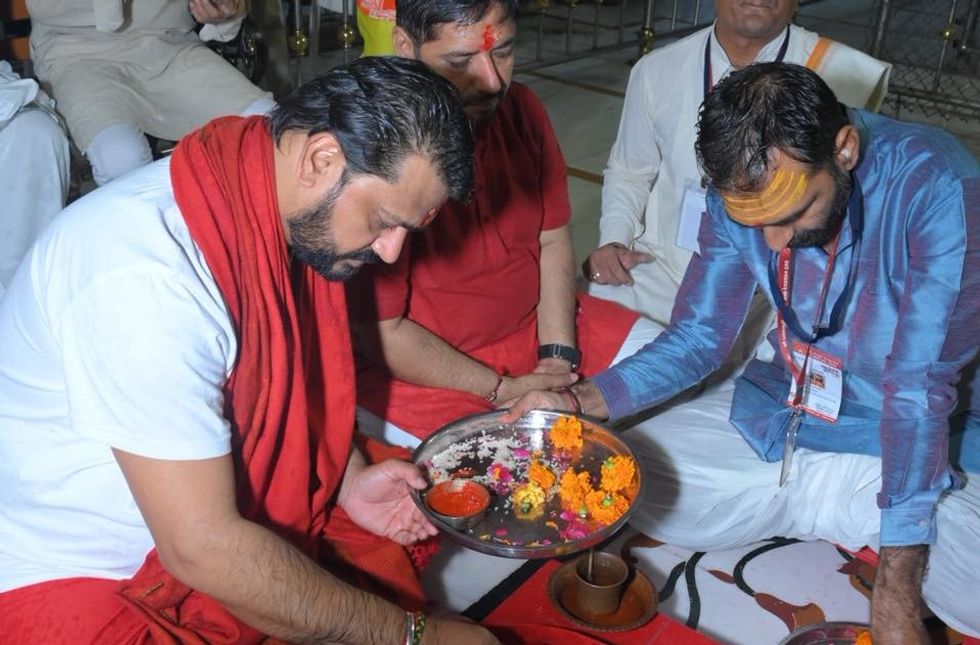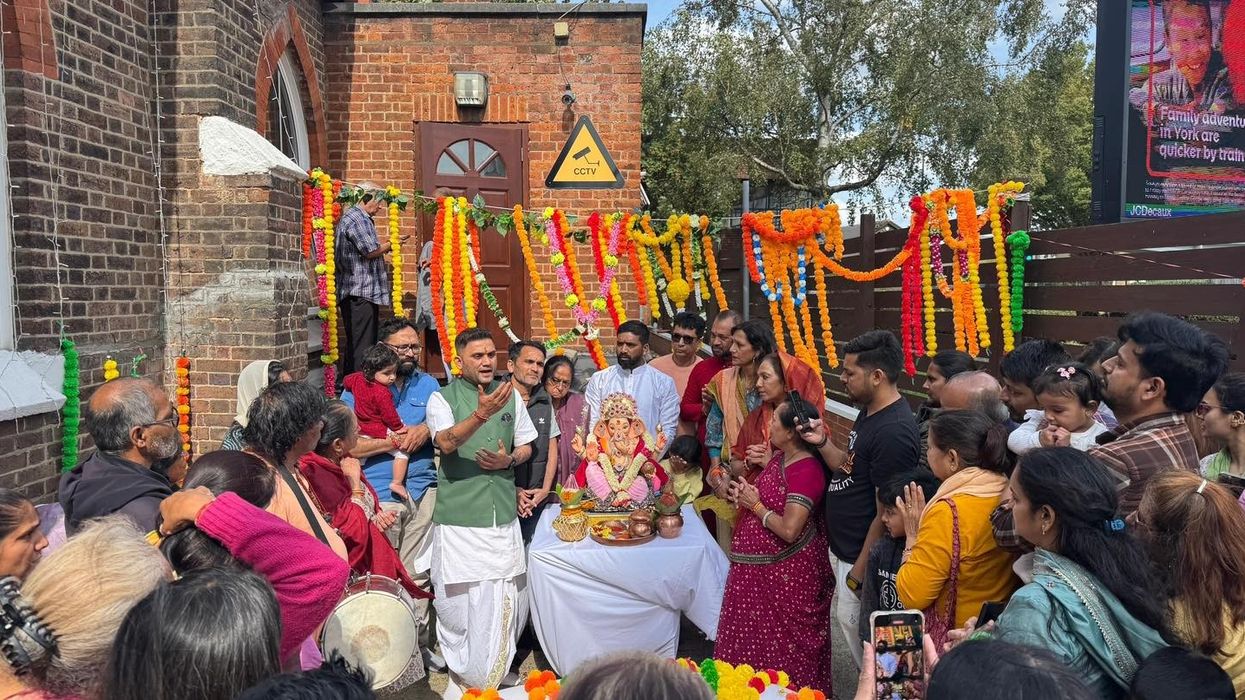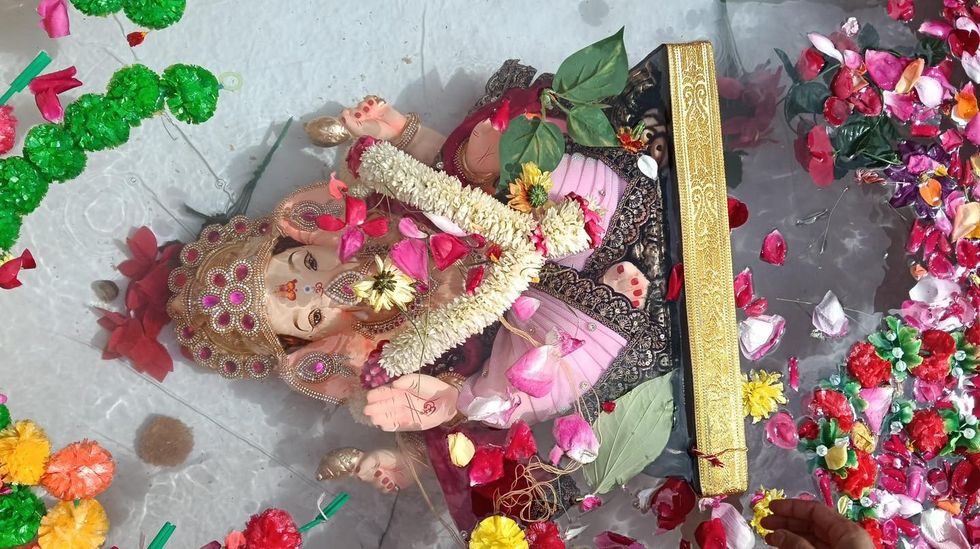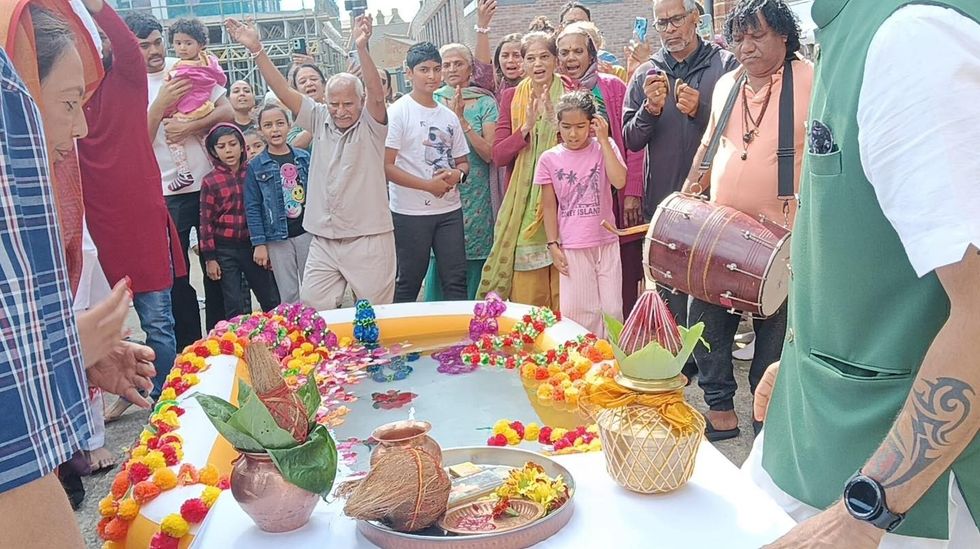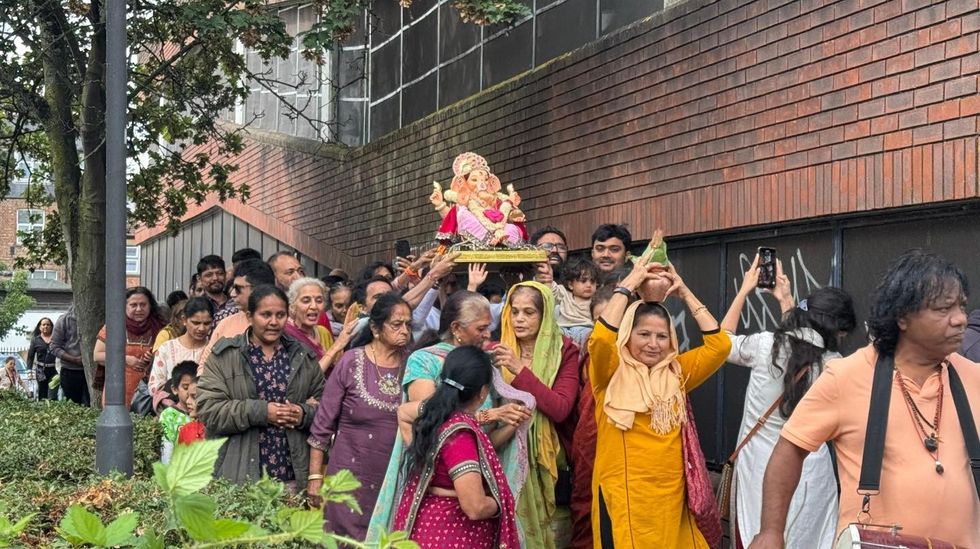by LAUREN CODLING
THE majority of pregnant women admitted to hospital with coronavirus are from a black, Asian and ethnic minority background, a new study has shown.
According to the UK Obstetric Surveillance System (UKOSS), 55 per cent of pregnant women admitted to hospital with coronavirus over March and April in the UK this year were from an ethnic group.
The findings show women from a BAME background are also four times more likely to be hospitalised with coronavirus than white women.
Pregnant women with pre-existing conditions such as high blood pressure and diabetes were one of the groups more likely to be admitted to hospital, the study found. British Asians are at a higher risk of being susceptible to high blood pressure and diabetes than the general population.
Previous statistics has shown the virus has a disproportionate impact on BAME groups. Earlier this month, University College London (UCL) scientists said ethnic minorities are two to three times more likely to die from coronavirus.
Neena Modi, professor of neonatal medicine at Imperial College London, told Eastern Eye that better understanding was important to guide prevention and treatment for BAME patients.
“Knowing whether there are genetic differences will help develop and choose specific coronavirus medications for particular groups, in other words tailor treatments more precisely to individuals instead of assuming ‘one size fits all,’” Modi, the president of the UK Medical Women’s Federation, said.
Dr Edward Morris, president of the Royal College of Obstetricians and Gynaecologists (RCOG), agreed that better understanding was needed on the factors which contributed to the higher risk. “We need to better understand (…) how to make services fully accessible and inclusive so that no woman is left behind,” he said.
Salma Ali* from east London is four months pregnant with her second child. She has suffered hyperemesis gravidarum – severe nausea and vomiting – during pregnancy and is reliant on A&E during the first few months.
However, the risk of catching coronavirus means she is reluctant to seek out assistance from medical staff and she has been trying to self-manage her symptoms. “I am worried about going in because it isn’t just my health – it is my baby’s as well,” she told Eastern Eye. “It has been overwhelming.”
Although she has been able to speak to nurses over the phone, she had to attend her three-month scan in hospital. Despite feeling weak and dehydrated, Ali was unable to bring a family member into the hospital for support.
“It was daunting that I couldn’t take anyone in with me,” she said. “(The scan itself) was quite routine; there wasn’t a lot extra talk and it was very quick. I feel like it has taken a bit of joy out of (my pregnancy).”
Asked if she had taken extra precautions in light of the risks, Ali said she has had to move out of her home as her husband works for the NHS. She now lives with her mother.
Ali, a primary school teacher, is able to stay home as the schools remain closed in light of lockdown measures. However, she is worried about potentially starting work again in June following the government’s announcement that primary schools could reopen next month.
“I am concerned about potentially going back to work,” she admitted. “I haven’t heard anything if it is a requirement that I have to go back to work or not, but I have spoken to other women who are pregnant and they are worried too.”
In response to Eastern Eye, a spokesperson for the Department for Health and Social Care said they were aware Covid-19 “sadly” appeared to have a disproportionate effect on people from BAME backgrounds.
“It is critical we find out which groups are most at risk so we can take the right steps to protect them and minimise their risk,” they said. “We have commissioned Public Health England to better understand the different factors, such as ethnicity, obesity and geographical location that may influence the effects of the virus.”
*Name has been changed to protect identity





